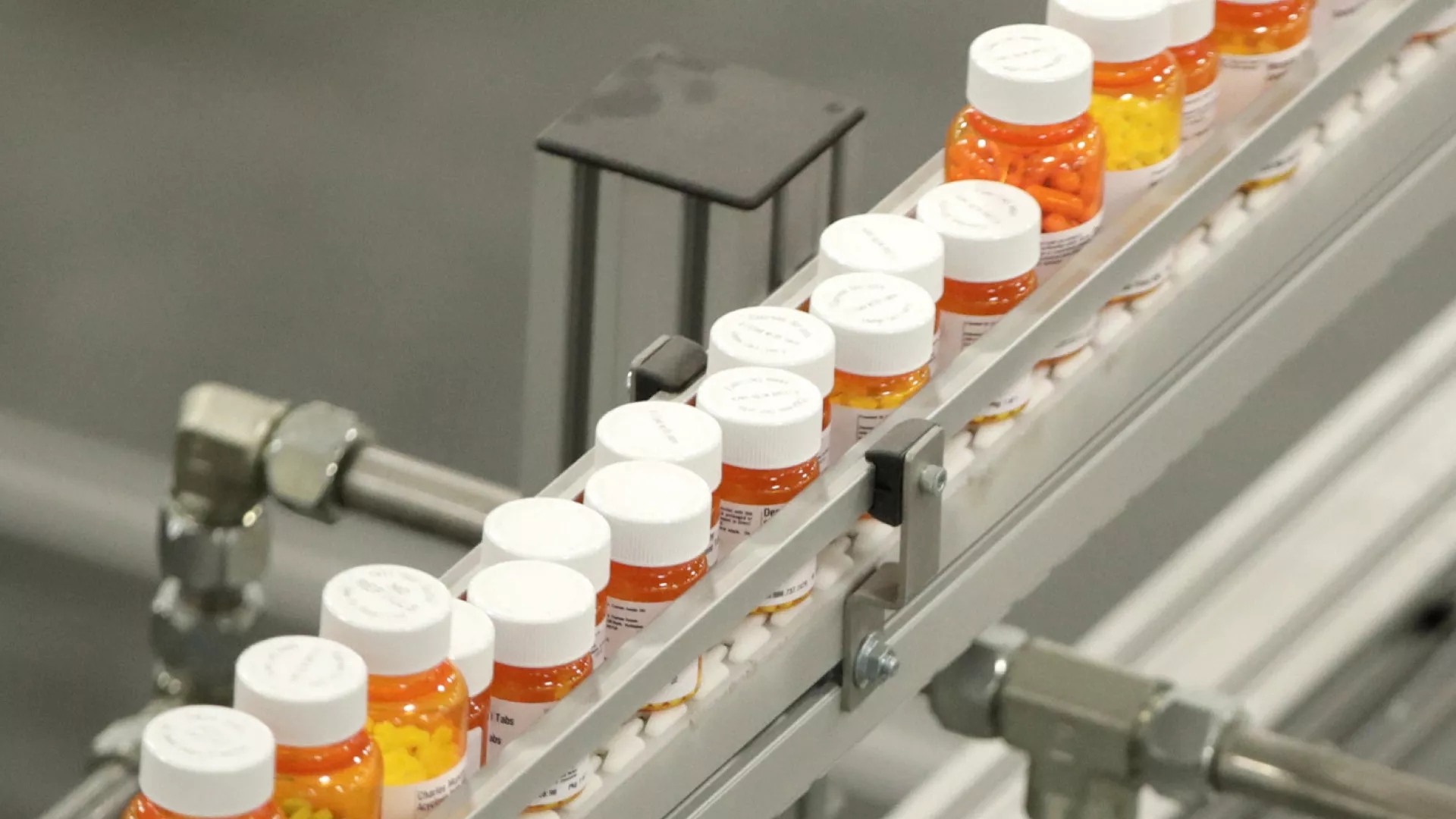In a significant move to address the growing threat of antimicrobial resistance (AMR), the European Commission has granted authorization for a groundbreaking antibiotic developed by Pfizer, known as Emblaveo. The approval, announced today, marks a milestone in the fight against one of the most pressing health challenges confronting the EU.
Emblaveo is designed to target and treat a range of complex infections, including complicated intra-abdominal and urinary tract infections, hospital-acquired pneumonia, and infections caused by drug-resistant bacteria. With the rise of AMR posing a grave risk to public health, the introduction of Emblaveo aims to address the urgent need for effective treatments where options are currently limited.
This approval follows a positive assessment by the European Medicines Agency (EMA) last month, which recommended granting marketing authorization for Emblaveo. The antibiotic underwent an accelerated assessment process due to its potential to deliver significant public health benefits, underscoring its importance in combating AMR.
Of particular significance is Emblaveo’s efficacy against Gram-negative bacteria, a type of bacteria that has developed resistance to many existing antibiotics. This resistance has contributed to the emergence of so-called “superbugs,” posing a formidable challenge to healthcare systems worldwide.
The approval of Emblaveo comes amid heightened global awareness of AMR, often described as a “silent pandemic.” According to the World Health Organization (WHO), AMR is associated with millions of deaths annually, with 35,000 attributed to it in the EU alone each year. The misuse and overuse of antibiotics have accelerated the proliferation of superbugs, undermining the effectiveness of treatments and increasing the risk of untreatable infections.
In response to the growing threat of AMR, the EU has adopted a comprehensive strategy that embraces a One Health approach, recognizing the interconnectedness of human health, animal health, and the environment. Concrete targets have been set to reduce antibiotic consumption and resistance by 2030, alongside measures to enhance surveillance, infection prevention, and control.
Moreover, efforts to incentivize the development of novel antibiotics are underway, with proposals for transferable data exclusivity vouchers to support pharmaceutical innovation in this critical area. These vouchers would provide additional regulatory protection to developers, encouraging investment in the development of new antimicrobial therapies.
As Emblaveo enters the market, it represents a vital tool in the ongoing battle against AMR, offering hope for improved outcomes in the treatment of complex infections and bolstering the resilience of healthcare systems against the threat of superbugs.





























